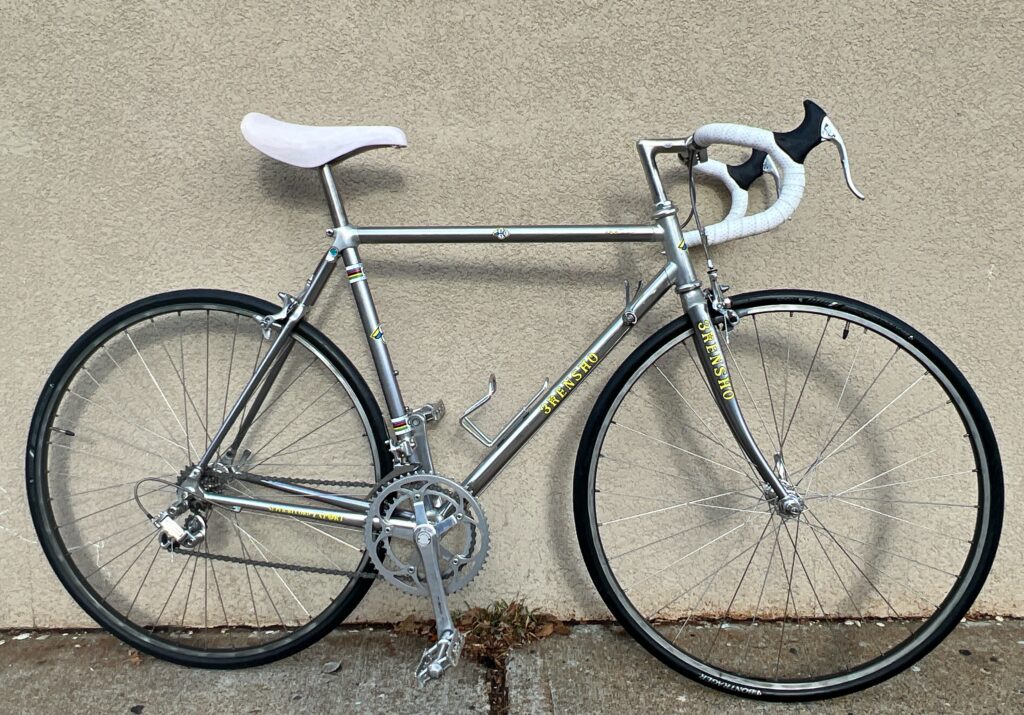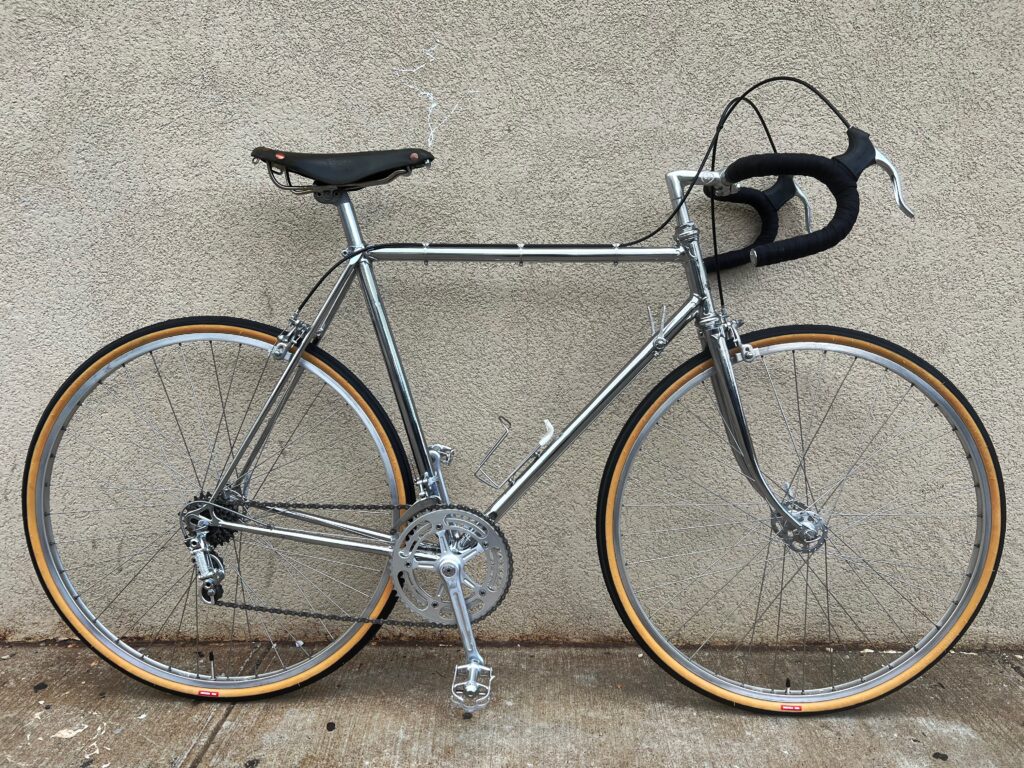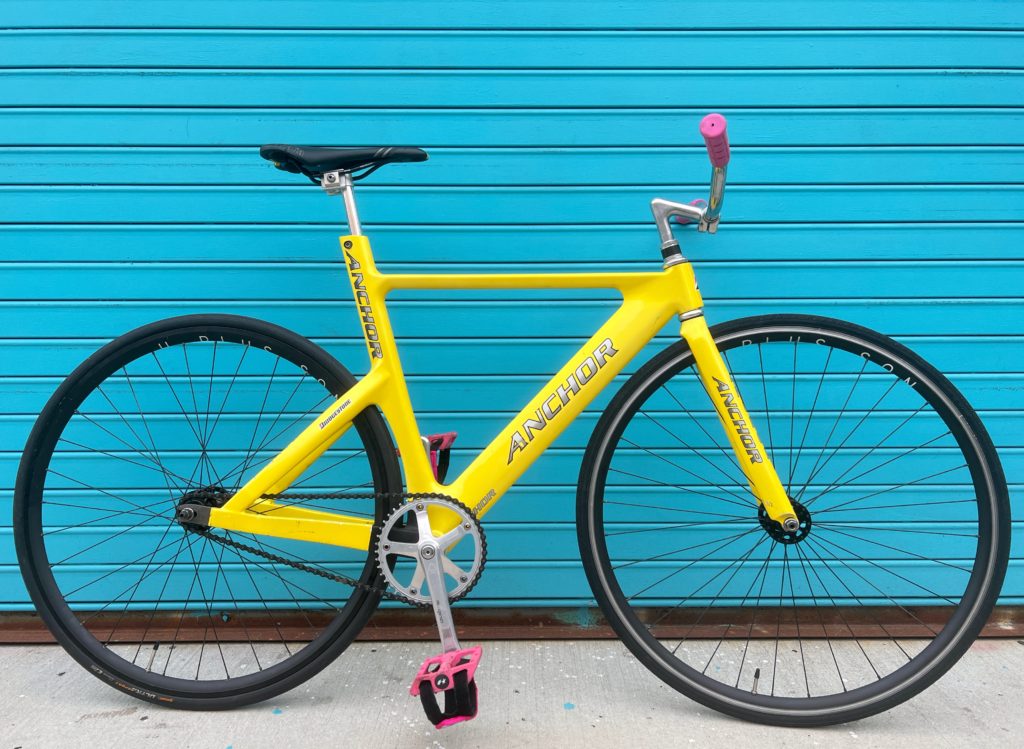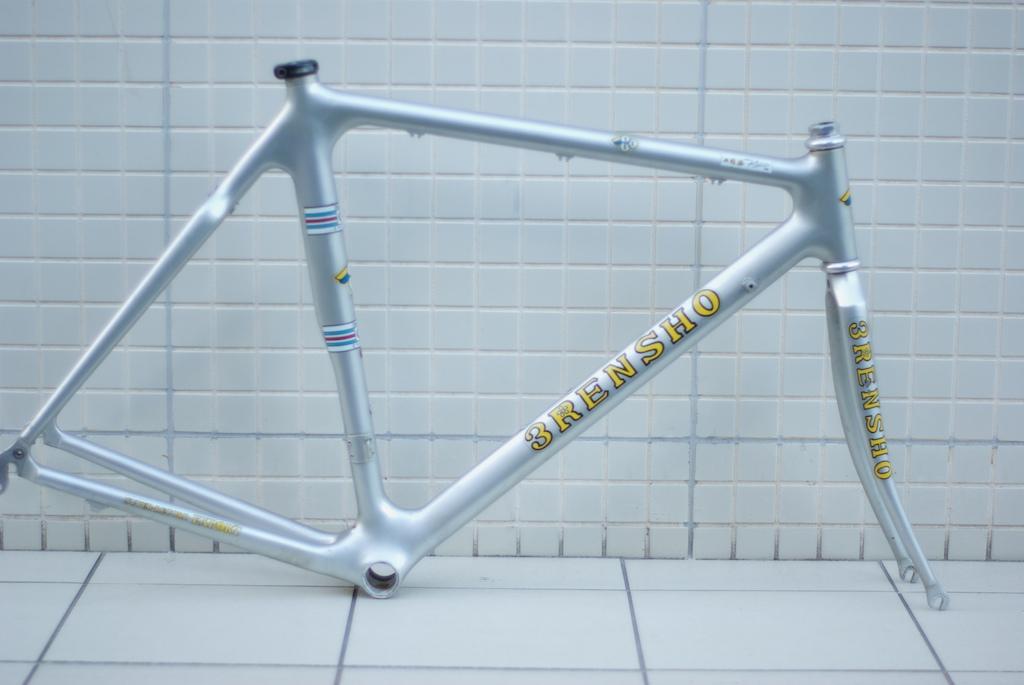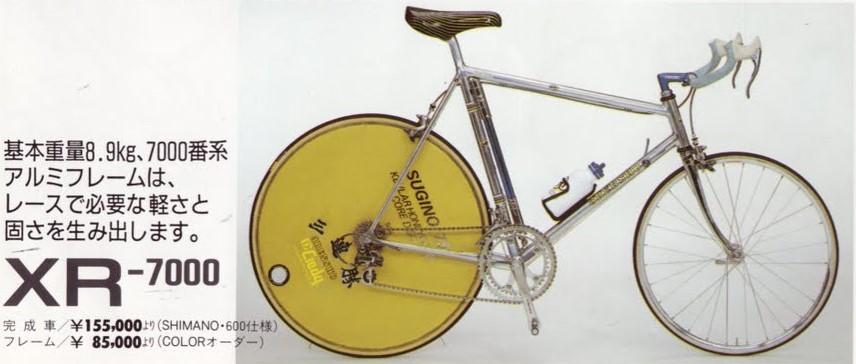After three years, I finally finished my restoration and build of this 53cm 3Rensho XR-7000 bike. I acquired it from Japan as a frameset, and discovered it was made under license by Yamakuni. Check out this prior article for the history and background. I had the fork re-chromed, but left the main triangle as-is. I bought a barely-used Georgina Terry Despatch from 1988, and stripped it for the 6-speed Suntour Cyclone 7000 groupset and the 24″ front / 700c rear wheelset. I’m aware the 3Rensho catalog showed it built with a Shimano 600 group, but they also sold it as a frameset. Cyclone was Suntour’s second-best group in the same way that 600 was a notch below Dura Ace.
The rear Araya rim had a crack in it, so I re-laced the hub to a brand new Araya RC-540 rim. The stem is a NITTO S65 Crystal Fellow with NITTO RB-021 bullhorn handlebars, matched to the NITTO S66 seat post. The 3Rensho saddle finishes off the build in style. Read on for more photos and ride report!

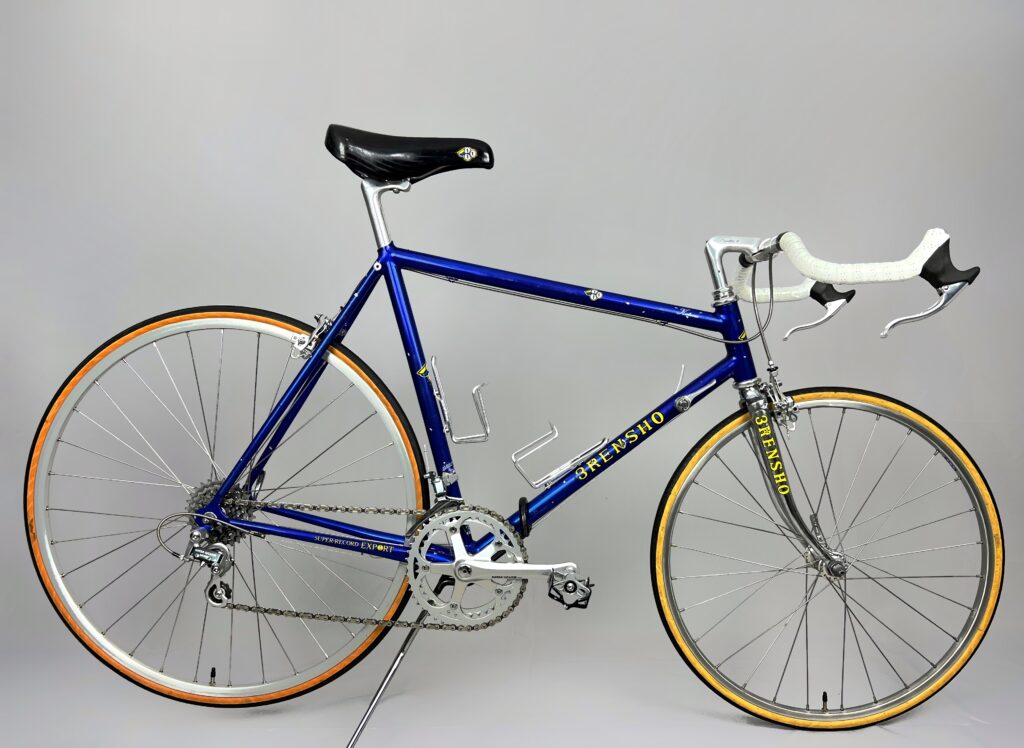
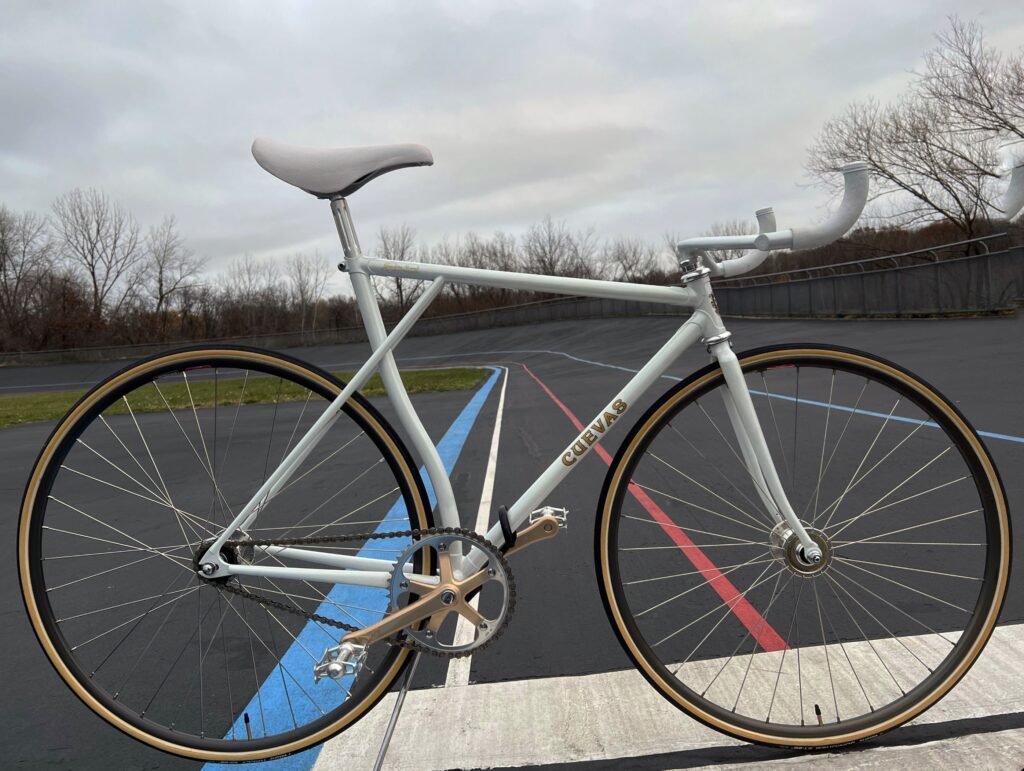
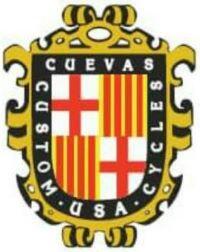 Fernando’s grandfather and founder of Cuevas Bicycles, Francisco Cuevas, hand-built over 35,000 frames during a 70-year career that spanned three continents. Renowned for his ability to build frames without the aid of a jig or pins, brazing exclusively with brass, and incorporating many unique and thoughtful details, Francisco was a true craftsman of the old world. The Cuevas Custom randonneur frame is testament to his vision and artisan skills.
Fernando’s grandfather and founder of Cuevas Bicycles, Francisco Cuevas, hand-built over 35,000 frames during a 70-year career that spanned three continents. Renowned for his ability to build frames without the aid of a jig or pins, brazing exclusively with brass, and incorporating many unique and thoughtful details, Francisco was a true craftsman of the old world. The Cuevas Custom randonneur frame is testament to his vision and artisan skills.